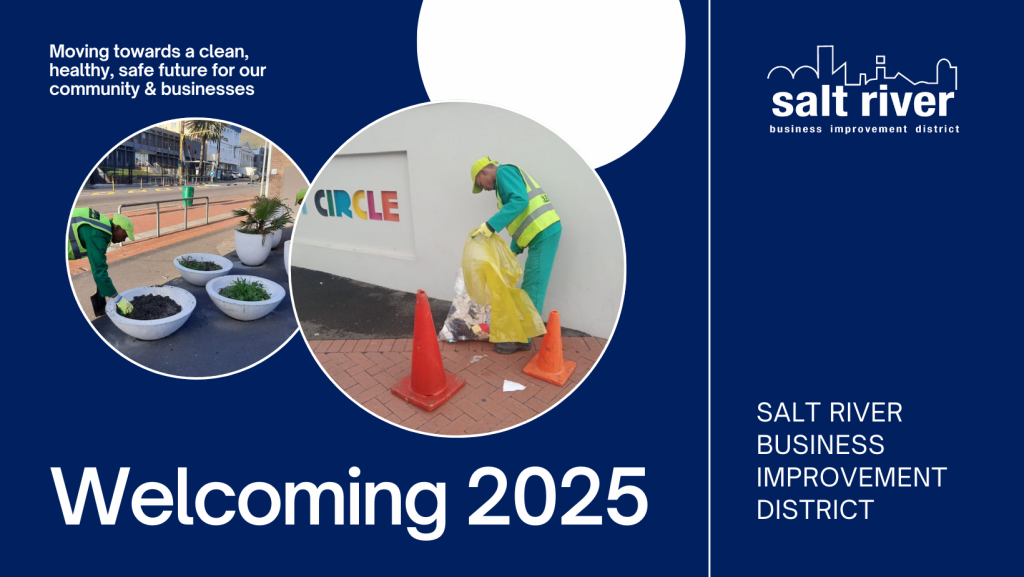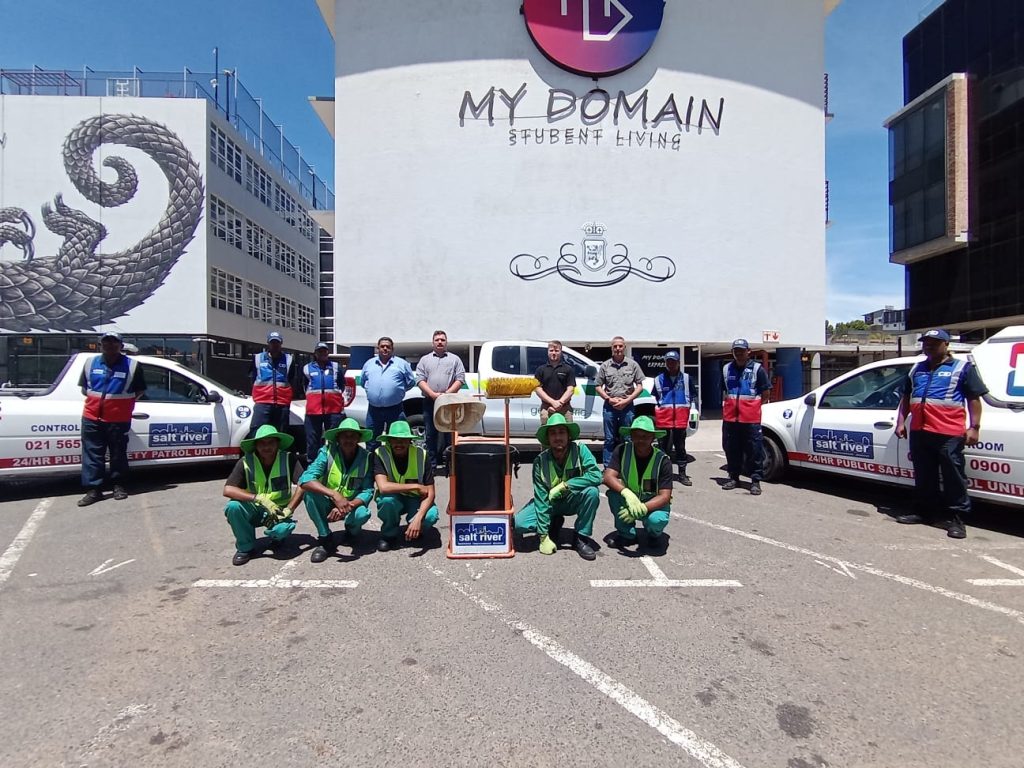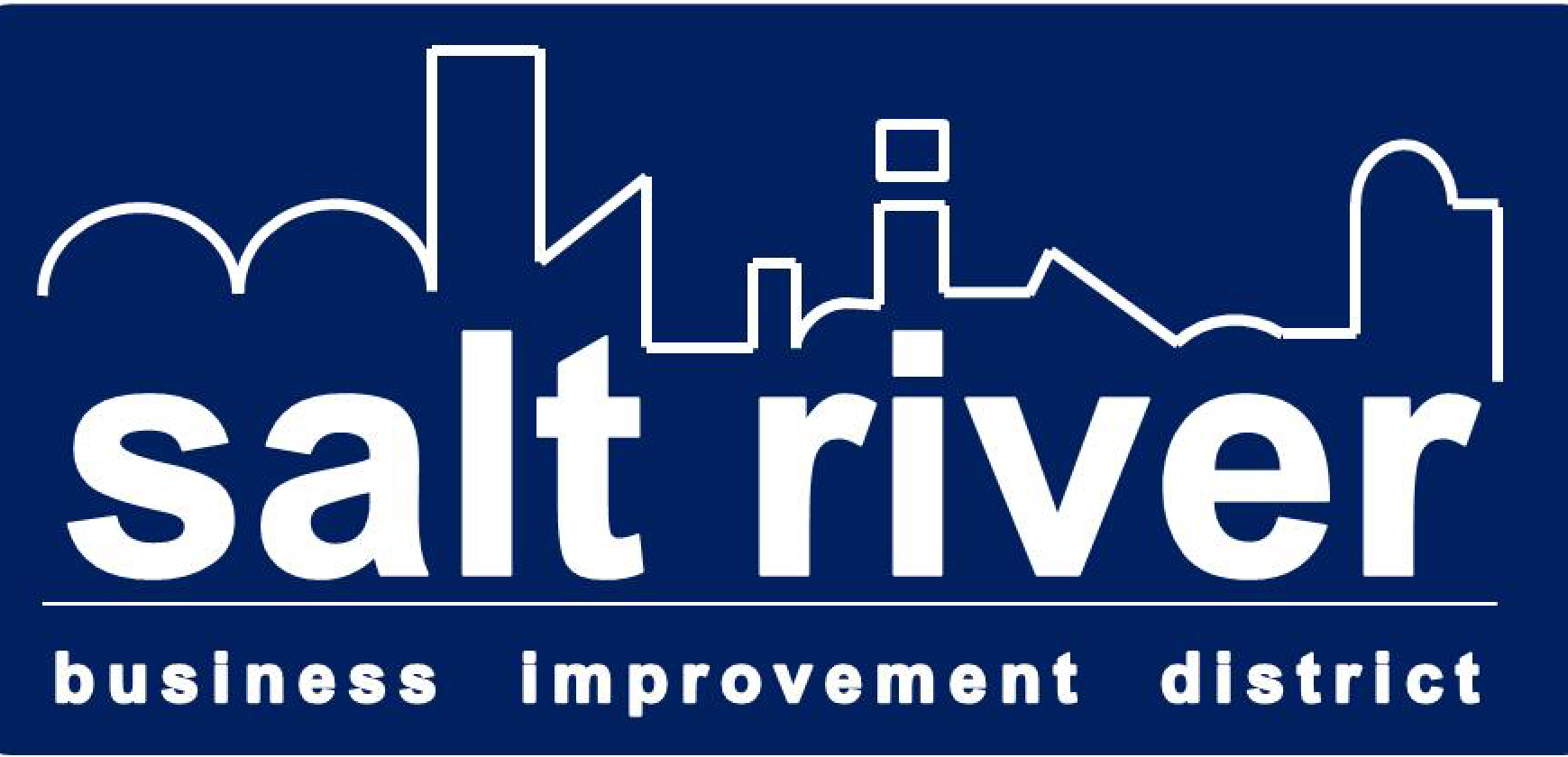Fire Safety
-

Summer Safety & Security Tips & Risk Management from SRBID
Welcome to 2025: Strengthening Our City Improvement Districts The SRBID is proud to welcome 2025 with the launch of our redesigned website! We hope you find its functionality much improved as a useful resource for our members, local businesses and wider community. As we settle into 2025, we reaffirm our commitment to maintaining safe, clean…
-

Safety & Fire in the Summer Months
Working together with residents, local businesses and urban management specialists to create a rich urban environment where the Salt River community can thrive, we – the Salt River Business Improvement District – welcome 2024 with the new challenges and opportunities it will provide. Together with the City of Cape Town, our partners, outreach initiatives and…
-

Welcoming 2024 – Let’s Create A Better Salt River Together
in SRBID NewsWorking together with residents, local businesses and urban management specialists to create a rich urban environment where the Salt River community can thrive, we – the Salt River Business Improvement District – welcome 2024 with the new challenges and opportunities it will provide. Together with the City of Cape Town, our partners, outreach initiatives and…
-

Trial By Fire – Fire Safety In Cape Town’s Summer
Cape Town’s fire season occurs from November through to May which are our hottest, and driest months. Together with our beloved south-easterly “Cape Doctor” – which adores clearing our city of pollution – these arid conditions create ideal opportunities for wildfires to spark and quickly rage out of control. From our homes and businesses to…
